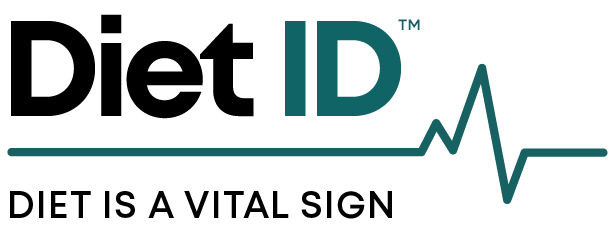A long, long time ago, presumably in Greek, Hippocrates famously said: “let food by thy medicine, and medicine be thy food.” About a week ago, Anahad O’Connor said: nah, not gonna’ happen.
OK, that’s a bit harsh and warrants some elaboration. Mr. O’Connor writes on nutrition for the New York Times. In this particular instance, he was addressing recent studies highlighting the profound liabilities of “ultraprocessed” foods, and the obvious remedy embraced by the nutrition community: people should avoid such foods, and eat minimally processed foods instead. That, in turn, invites home preparation of meals, a tactic also widely invoked by health experts.
Citing a recent book on the topic, O’Connor’s article goes on to explain why home cooking is an unlikely solution among low income families because the same socioeconomic challenges that make “junk” food appealing in the first place make it especially difficult to “unjunk yourself,” and your family. The list of barriers is mostly self-evident: neighborhoods that qualify as food deserts/swamps; financial challenges; lack of time; and lack of basic kitchen equipment.
But what if, for instance, we could provide healthy, convenient, economical, family-friendly recipes on-line? We can, and do. That one is easy. What if, for instance, we could provide on-line cooking instruction at any given level of detail? That, too, of course, we can, and do.
What if, for those who haven’t the time or inclination to learn cooking, we instead relied on technology? What if we could make available “smart ovens” that cook everything on a single tray, at the push of a button, and while we’re at it- in half the time of conventional ovens? And what if we could populate smart phones with an inventory of healthful recipes that could be uploaded directly to that oven, so the button push corresponded exactly to a given meal- selected in advance for its particular, medicinal benefit? Yes, that, too- we can, and do- in this case, courtesy of a company called Brava.
We could potentially curate the ingredients for those very meals, and offer them already assembled, either in a supermarket, or via home delivery. And for those who have trouble eating well not just because good food is elusive, but for other reasons- from stress to insulin resistance, anxiety to insomnia, basal metabolism to body image- we might need artful, compassionate, state-of-the-art, artificially (and naturally) intelligent health coaching available 24/7. And yes, we have that, too.
The big question: How, on earth, do those most in need pay for all of this? The answer, of course, is they don’t- at least not directly. Hippocrates’ ancient proposition contains a hidden provocation to a modern world awash in diet-related chronic disease: food is not the only medicine, and all medicine costs you something. If you don’t spend on food as such, you will be spending more on the alternatives. Food comes in daily ounces of prevention (although it can do much more, too); Pharma dishes out the far costlier pounds of cure.
I am not suggesting that health insurers become everybody’s free lunch. I am saying that we can, and should, conduct studies to determine when, and for whom, whatever it takes to make food be thy medicine, makes it cost-effective medicine into the bargain. For food to be medicine for those most in need, we have the means, and know the promising ways.




